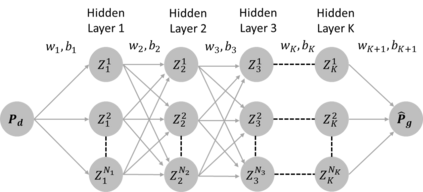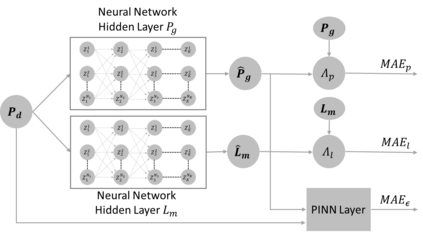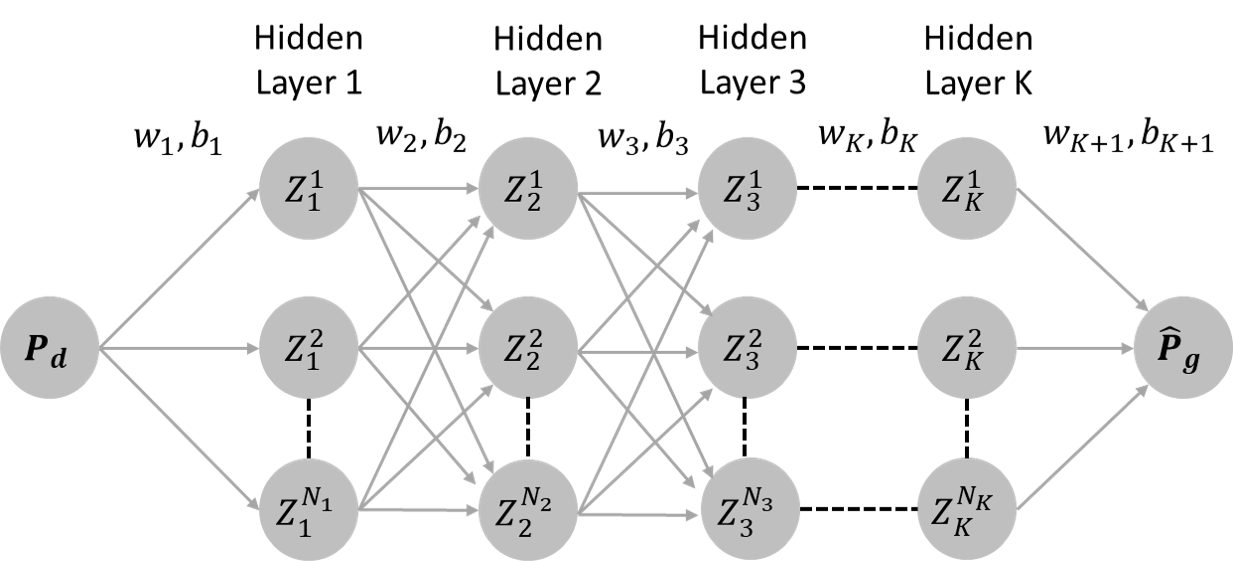Physics-informed neural networks exploit the existing models of the underlying physical systems to generate higher accuracy results with fewer data. Such approaches can help drastically reduce the computation time and generate a good estimate of computationally intensive processes in power systems, such as dynamic security assessment or optimal power flow. Combined with the extraction of worst-case guarantees for the neural network performance, such neural networks can be applied in safety-critical applications in power systems and build a high level of trust among power system operators. This paper takes the first step and applies, for the first time to our knowledge, Physics-Informed Neural Networks with Worst-Case Guarantees for the DC Optimal Power Flow problem. We look for guarantees related to (i) maximum constraint violations, (ii) maximum distance between predicted and optimal decision variables, and (iii) maximum sub-optimality in the entire input domain. In a range of PGLib-OPF networks, we demonstrate how physics-informed neural networks can be supplied with worst-case guarantees and how they can lead to reduced worst-case violations compared with conventional neural networks.
翻译:物理知情的神经网络利用基础物理系统的现有模型,以较少的数据产生更高的准确性结果。这类方法可以大大缩短计算时间,并产生对动力系统中计算密集过程的准确估计,例如动态安全评估或最佳电流。结合对神经网络性能的最坏情况保障的提取,这种神经网络可以应用于动力系统中的安全关键应用,并在动力系统操作者之间建立高度信任。本文件迈出第一步,首次将具有最坏情况保障的、具有DC最优化电力流动问题的最坏情况保障的物理内部网络应用到我们的知识中。我们寻求与(一) 最大限制违规情况,(二) 预测和最佳决定变量之间的最大距离,(三) 整个输入域的最大次优化。在一系列PGLib-OPF网络中,我们展示如何向物理知情神经网络提供最坏情况的保证,以及它们如何导致与常规神经网络相比,最坏的违规情况减少。







